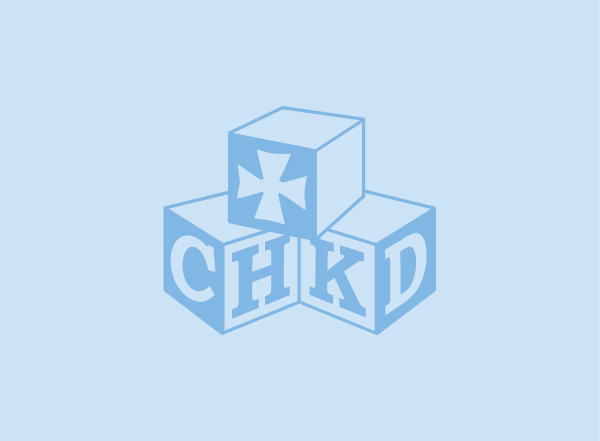NORFOLK, Va. – Whether it’s a device that helps children communicate with friends, or a stroller that makes it easier to play with family on the beach, adaptive devices help children with disabilities live life to the fullest.
CHKD announced today a new collaboration with Children’s Assistive Technology Service, an organization that refurbishes adaptive devices and other medical equipment for children with disabilities. Sometimes the child’s family doesn’t have insurance, or, more commonly, the insurance companies don’t consider the device medically necessary. Some can cost thousands of dollars, so CATS cleans and refurbishes gently used devices and either gives or loans them to children for free.
CHKD has supported the organization since it started operating in Hampton Roads in 2016. The hospital system recently entered an agreement with the organization to create a partnership in which CHKD picks up equipment for CATS and provides space in CHKD’s adaptive seating clinic for the devices to be cleaned and refurbished.
Beth Beach, an occupational therapist at CHKD, helped start the CATS operation in Hampton Roads. Roanoke and Richmond also have CATS programs. “Technology has come such a long way in designing equipment that can help children with disabilities do so many more activities, but they can be expensive,” said Beach, who has been an occupational therapist for more than 30 years.
For instance, Macie Leiphart, a 7-year-old Virginia Beach girl with cerebral palsy, has most of her medical equipment, such as a wheelchair, covered by insurance. But when her family filed for insurance to cover a special device that helps her stand up, the company said it wasn’t medically necessary. The $3,000 cost was steep, especially since she can outgrow the device fairly quickly.
CATS was able to provide a device when she 3, and another one last year when she outgrew the first one. She can stand at the counter to do arts and crafts, dye Easter eggs, and help her mom cook. “It really expanded the different activities she can do,” said her mother, Laura Leiphart. “She also uses it at school, so she can stand up in class like the other kids.”
Chesapeake 5-year-old Christian Farley also had his horizons expanded by CATS. Christian has cerebral palsy and epilepsy and is also blind. He loves the water, so his family applied for a beach stroller through CATS so he could go to the beach. “I’ve lived in Chesapeake my whole life, so I grew up going to the beach,” says his mother, Jessica Farley. “We really wanted to make memories like that for Christian, too, since the water is his absolute favorite thing in the world.”
Macie and Christian are just a few in a growing number of local children who have been helped by the organization. In 2019, 452 items were provided to 432 children throughout Hampton Roads.


Left: Macie Leiphart, 7, enjoys a higher view in the family kitchen in Virginia Beach, thanks to an adaptive device that helps her stand.
Right: Five-year-old Christian Farley of Chesapeake enjoys beach time with his family in an adaptive beach stroller he received from CATS.


